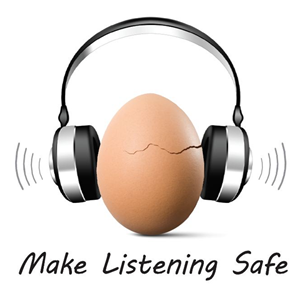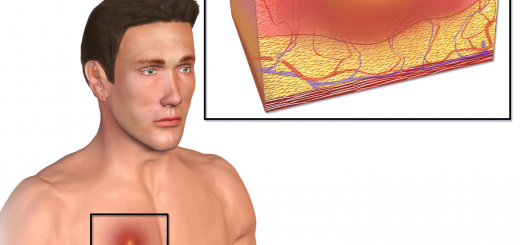The Different Causes of Hearing Loss
The Different Causes of Hearing Loss
Summary
– Common causes of hearing loss
– Protect your ears from the noise!
– Hearing loss in children
– Focus on presbycusis
There are many causes of hearing loss. Contrary to popular belief, hearing loss does not only affect the elderly. It also affects children, teenagers, and young adults, who are often exposed to very high noise levels.
Common causes of hearing loss

Hearing loss can have different causes:
– heredity: 2/3 of deafnesses are of genetic origin;
– noise: loud music, urban noise, noise at work, etc.;
– aging, which results in presbycusis;
– medical causes: genetic disease, certain ototoxic drugs, vascular disorders, cranial trauma, viral infections, barotrauma, tobacco, ear tumors, diseases contracted by the mother during pregnancy (toxoplasmosis, rubella), repeated otitis, meningitis, mumps, resuscitation of the newborn at birth, Meniere’s disease…;
– Tinnitus: this is a buzzing in the ears that is very annoying for daily life.
The origin of your hearing loss or your deafness will weigh heavily in the choice of your hearing aid.
Protect your ears from the noise!

If you listen too loudly for an extended time, you risk damaging your ears, and your hearing can be permanently impaired. Indeed, your ears are at risk from 85 dB (equivalent to the noise of a lawnmower, for example). However, the pain does not appear until 120 dB (equivalent to a plane taking off, for instance).
Thus, the appearance of pain does not coincide with the risk threshold. It is therefore essential to protect your ears in noisy environments such as concerts, discotheques, etc.
For this purpose, it is strongly recommended to use earplugs that can reduce noise by 20 to 30 dB. However, the use of earplugs remains marginal. In case of high volume (concert, disco, etc.), only 3% of 15-30-year-olds say they wear earplugs “every time” and 9.5% “sometimes”.
Mp3 users are also among those at risk. Therefore, it is strongly advised not to use the maximum power of your player and not to exceed a daily listening time of 60 minutes.
Warning: remember that a hearing loss can be undetectable for years and appear later in life. Protecting your ears is therefore essential!
Hearing loss in children

Every year, 800 children are born with a more or less profound hearing loss (1.86/1000 newborns). 3/4 of these children suffer from a congenital deficiency, even if their parents are not deficient themselves. In fact, they may still be carriers of the recessive gene for deafness and have unknowingly passed it on to their child.
Other causes of deafness at birth are usually:
– infections contracted by the mother during her pregnancy: rubella, syphilis, cytomegalovirus (in 10 to 20% of cases), etc.;
– certain medications taken during pregnancy: ototoxic drugs;
– difficult or premature birth.
Early detection is essential so that this hearing loss does not hinder the child’s development. According to the WHO, “in children, nearly 60% of hearing loss can be prevented by measures such as vaccination to prevent rubella and meningitis, improved maternal and neonatal care, and early detection and management of otitis media.
Good to know: a study has shown the feasibility of newborn screening for deafness involving PCR testing for cytomegalovirus infection and the analysis of common genes linked to deafness. These tests could identify one-third of the deafnesses that might have been missed by newborn screening, particularly those with late-onset.
In addition, there are hearing aids that are perfectly adapted to the youngest children and that benefit from a high level of reimbursement by Social Security.
Focus on presbycusis
Presbycusis is one of the common causes of hearing loss. It is classified as sensorineural hearing loss, which means that it is due to a deficiency of the inner ear that no longer ensures the correct transmission of neuroelectrical impulses to the brain.
This hearing impairment results in:
– a tendency to speak loudly;
– difficulties in hearing a loud voice or a whisper;
– the presence of tinnitus.
The natural aging of the auditory system leads to a progressive loss of hearing. It primarily affects people over 50 years old. The use of a hearing aid is then necessary.
Read more:
Hearing Healthcare: What Is the Use of an Ear Bulb?
3 Simple Steps to Unclogging an Ear
Ear Hygiene: Dealing with Earwax



